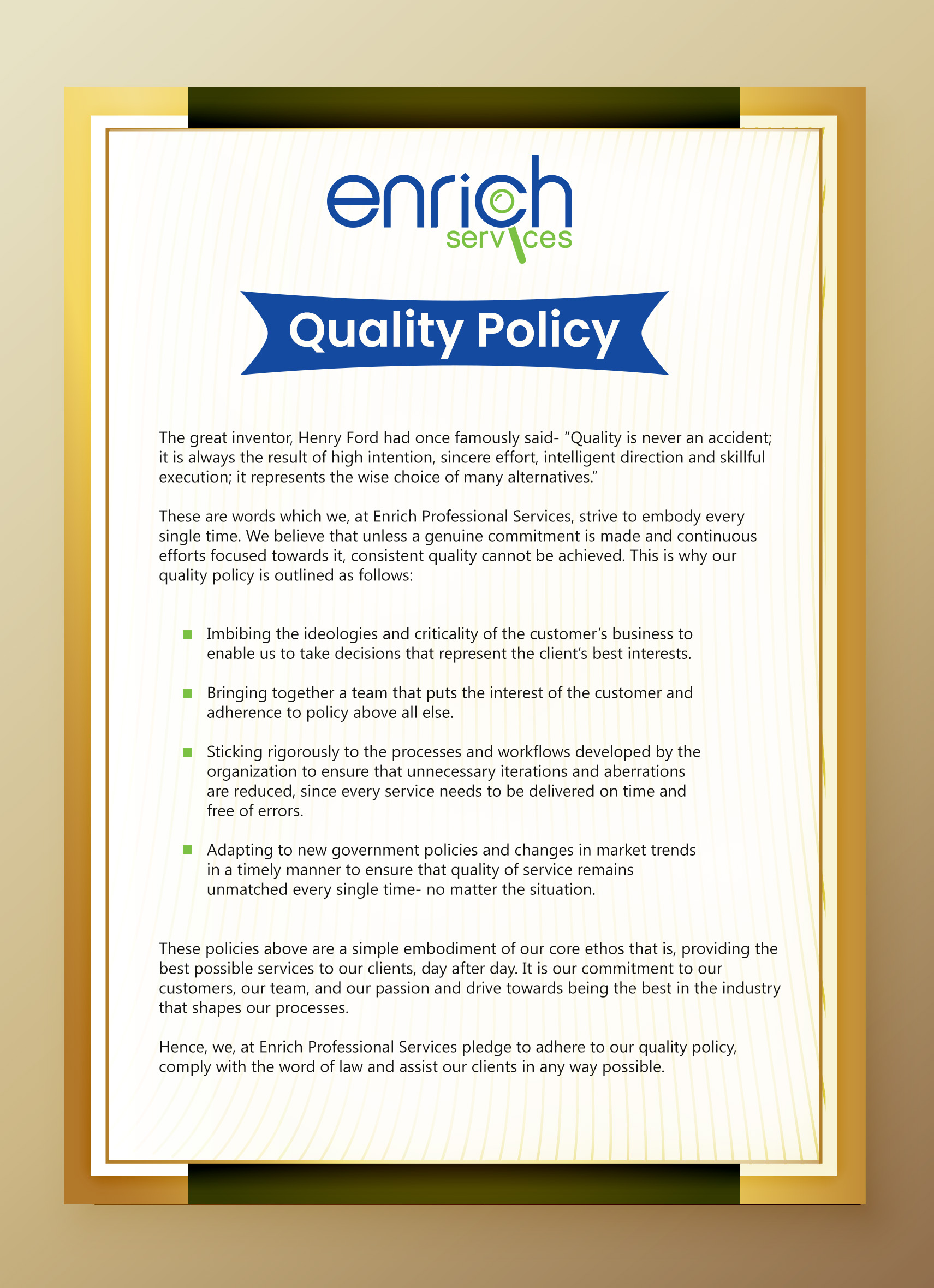SCOMET is an acronym for Special Chemicals, Organisms, Materials, Equipment, and Technologies. This list includes goods that are considered dual-use items, which means they have both civil and military applications and can potentially be used as weapons of mass destruction. SCOMET items include goods, technology, chemicals, and organisms, among others.
"The SCOMET items are classified into 9 distinct categories:
- Category 1: Nuclear materials, nuclear-related materials, equipment, and technology
- Category 2: Toxic chemical agents and other chemicals
- Category 3: Micro-organisms, toxins
- Category 4: Materials, materials processing equipment, and related technologies
- Category 5: Nuclear-related other equipment and technology, not controlled under Category 1
- Category 6: Aerospace systems, equipment including production and test equipment, related technology, and specially designed components and accessories thereof
- Category 7: Munitions list
- Category 8: Reserved
- Category 9: Special materials and related equipment, material processing, electronics, computers, telecommunications, information security, sensors and lasers, navigation and avionics, marine, aerospace, and propulsion.
It should be noted that the SCOMET list also includes used items falling under the list, non-controlled items containing one or more controlled component(s) where the controlled component(s) is the principal element, as well as technology required for the development, production, or use of items controlled under Category 8 of the SCOMET items."
If any SCOMET items are exported without proper authorization, penalties under the Foreign Trade (Development and Regulation) Act (FTDR) may be imposed. These penalties can include monetary fines and even imprisonment in some cases. The FTDR Act provides a legal framework for regulating the import and export of goods, including SCOMET items, to protect national security interests and prevent their misuse. It is, therefore, important to comply with all relevant provisions of the FTDR Act and obtain the necessary authorizations before exporting any SCOMET items.
Any person, company, or organization involved in the export, import, or transit of SCOMET items from or to India requires SCOMET authorization. This includes manufacturers, traders, exporters, importers, freight forwarders, and carriers involved in the transportation of SCOMET items.
Yes, there are certain exemptions to SCOMET authorization. For example, SCOMET items that are exclusively for military use by the Indian Armed Forces, items for United Nations peacekeeping missions, or items for use in bona fide research and development programs may be exempted from SCOMET authorization. However, these exemptions are subject to specific conditions and requirements, and it is essential to verify the eligibility for exemption before exporting, importing, or transiting SCOMET items.
Non-compliance with SCOMET authorization can result in severe penalties, including fines, imprisonment, and cancellation of authorization. In addition, the unauthorized export, import, or transit of SCOMET items can have serious legal and reputational consequences, including sanctions and restrictions on trade and business activities.
The timeline for obtaining SCOMET authorization may vary depending on the complexity of the application, the completeness of the documentation, and the review process. However, as per the standard guidelines, the competent authority aims to process SCOMET applications within 60 days from the date of receipt of a complete application. However, the actual time taken may vary, and it is advisable to plan ahead and submit the application well in advance of the intended export, import, or transit.
SCOMET authorization is not transferable and is valid only for the authorized party, end- use, and end-user as mentioned in the authorization. Any change in the authorized party, end-use, or end-user requires an amendment to the authorization, which must be obtained from the competent authority before proceeding with the export, import, or transit of SCOMET items.
SCOMET authorization holders are required
SCOMET authorization is granted based on various criteria, including the end-use and end-user of the SCOMET items, the type and sensitivity of the item, the potential risk of diversion or misuse, and the compliance with national and international laws and regulations. The applicant must demonstrate that the intended use of the SCOMET item is legitimate and complies with the provisions of the SCOMET Authorization Scheme.

.jpg)


